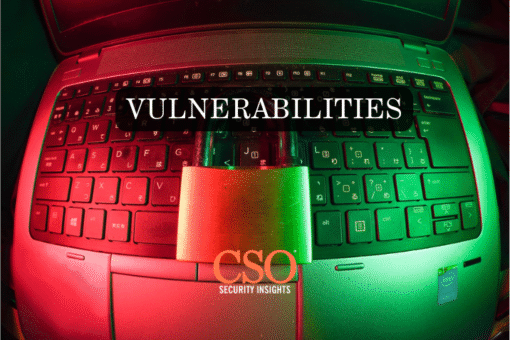Jazz and NADRA Technologies Limited (NTL) have signed a Memorandum of Understanding (MoU) to explore the integration of digital services, identity verification, and customer facilitation at a time when Pakistan is already facing one of its largest-ever data privacy crises. While the agreement outlines a roadmap for service expansion, critics point to the risks associated with linking commercial platforms to national identity databases. Pakistan Telecommunication Authority recently told the Senate Standing Committee on IT and Telecom that huge volumes of citizens’ personal data are being sold on the Dark Web, which has further intensified scrutiny of new collaborations involving sensitive information.
Under the proposed arrangement, Jazz apps would be connected with NADRA’s Pak ID system, allowing SIM and wallet issuance at NADRA centers and incorporating biometric verification through NADRA’s IRIS technology. The MoU also signals plans to explore Single Sign-On (SSO) capabilities for JazzCash and other digital platforms using Pak ID credentials, and to cooperate on B2B offerings including cloud hosting, disaster recovery, and cybersecurity. Although no final agreement has been signed yet, a joint steering committee has been proposed to oversee progress and ensure compliance with data protection laws. Both sides have publicly pledged secure handling of identity data as part of the collaboration.
However, experts and digital rights advocates are raising alarms about the potential risks this collaboration could introduce. With NADRA already holding biometric and personal information of millions of citizens, any integration with a private telecom operator like Jazz could expand the attack surface for cybercriminals. Jazz’s own record on data security has drawn criticism in the past, raising questions about its ability to manage an arrangement involving NADRA’s systems without exposing sensitive information. Analysts argue that without strong safeguards and independent oversight, such partnerships may not only fail to resolve existing challenges but also heighten the risk of further breaches.
This concern is heightened by Pakistan’s fragile cybersecurity environment, where massive leaks have already compromised national databases and personal records. As government entities and private operators increasingly link identity systems with commercial platforms, the stakes for robust legal safeguards and transparent data handling protocols grow higher. Observers caution that if vulnerabilities persist, integrations like this could inadvertently accelerate the flow of Pakistani citizens’ data into illicit markets, worsening the impact of the very problems they aim to solve. In this climate of heightened vigilance, the Jazz-NADRA collaboration is being closely watched by privacy experts, lawmakers, and citizens alike for its implications on data protection and public trust.
Follow the SPIN IDG WhatsApp Channel for updates across the Smart Pakistan Insights Network covering all of Pakistan’s technology ecosystem.








